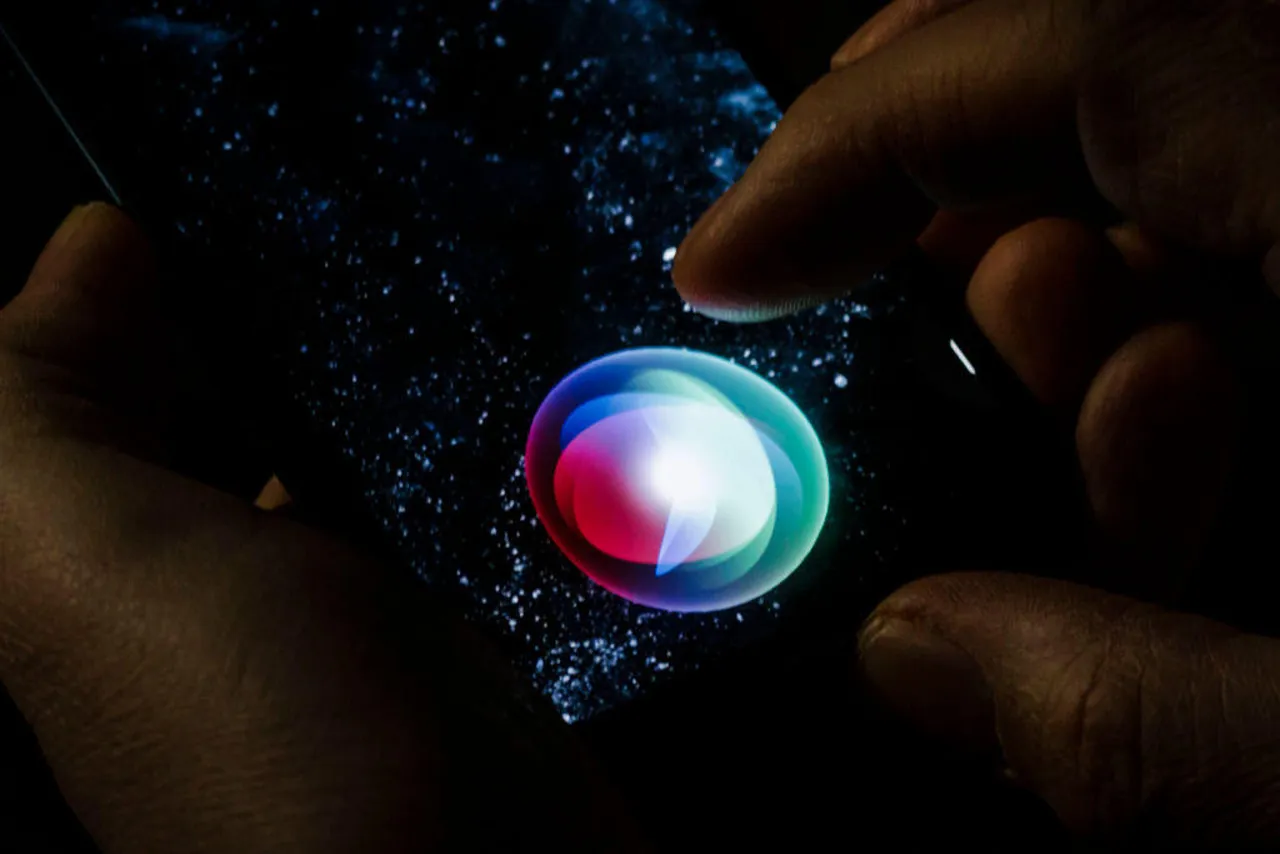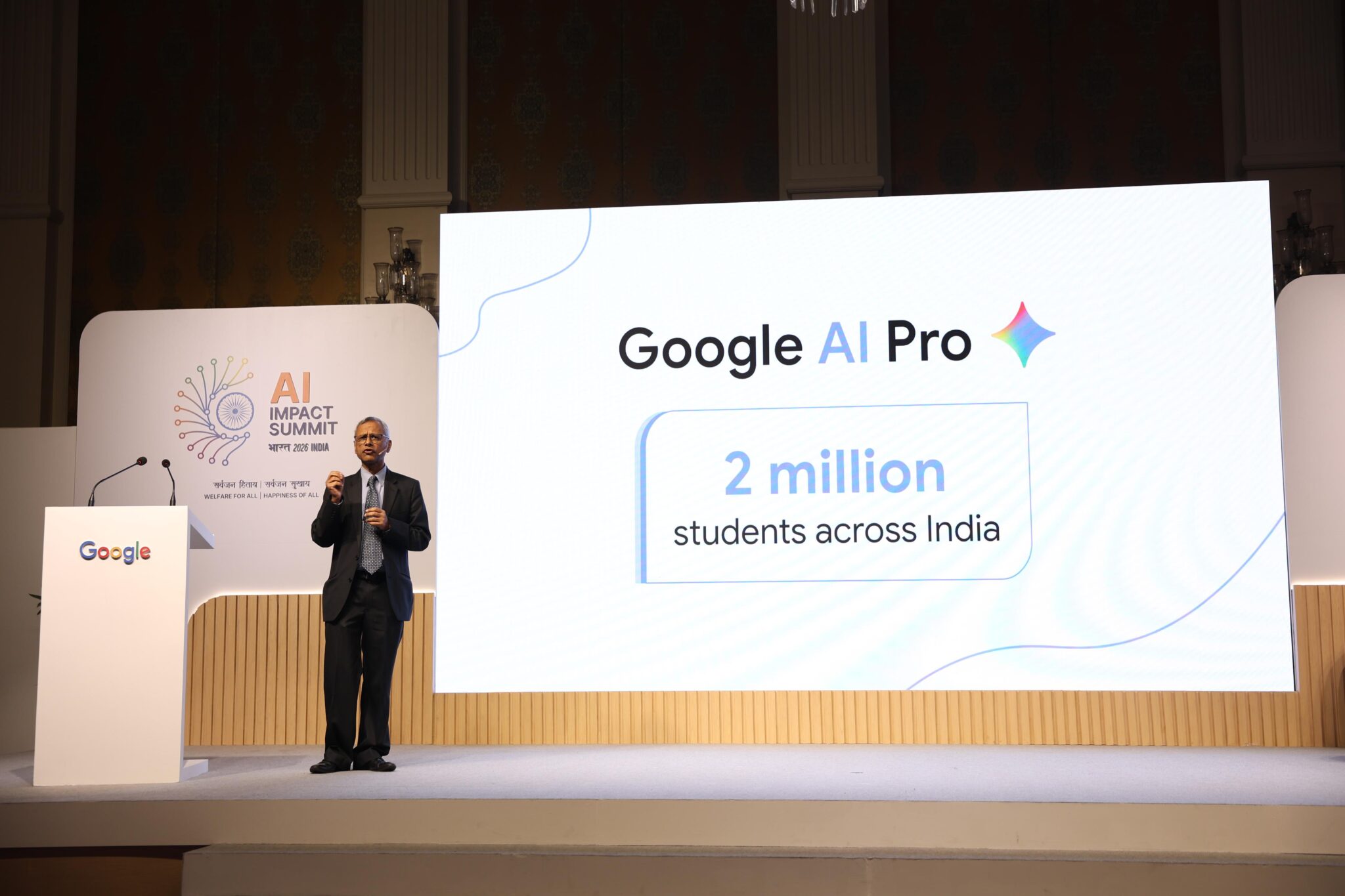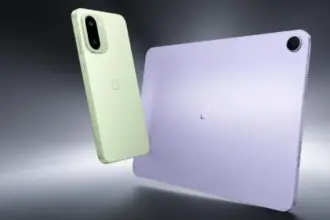Apple’s digital assistant, Siri, has been a familiar voice to iPhone users for well over a decade. Introduced with the iPhone 4S in October 2011, it was something of a pioneer—the first widely available virtual assistant on a major smartphone. But in the fast-moving world of artificial intelligence, a decade might as well be an eternity. According to recent reports, the highly anticipated, deeply integrated overhaul of Siri—initially teased at Apple’s Worldwide Developers Conference (WWDC) back in June 2024—has now been delayed to a tentative March-April 2026 release, likely as part of iOS 26.4. It’s a lengthy delay, and one that underscores the immense complexity of building truly smart, reliable AI at scale.
Key Takeaways:
- Siri’s significant AI upgrade is now expected in March-April 2026, bundled with iOS 26.4.
- The delay stems primarily from technical hurdles, especially integrating legacy Siri systems with newer AI platforms.
- Apple insists it won’t release features until they meet high reliability standards.
- The new Siri is expected to offer personal context awareness, deep cross-app control, and smarter on-screen interaction.
- This update is central to the broader “Apple Intelligence” strategy focusing on private, on-device AI.
- The delay has impacted other Apple projects and may affect how Apple competes with AI leaders like Google and OpenAI.
The Current State of Siri: A Decade of Evolution and Growing Pains
When Siri first launched, it felt revolutionary. A voice assistant that could set alarms, answer questions, or send a text—just by asking? That was game-changing. Over the years, Apple built on that momentum. In 2014, iOS 8 brought hands-free “Hey Siri” activation. By 2016, iOS 10 opened Siri up to third-party apps. There were translations, offline capabilities starting with iOS 15, and even the ability to read news out loud.
But for all the progress, Siri never quite shook its reputation for being… limited. Compared to rivals like Google Assistant, Siri has often been seen as lagging behind—particularly in understanding context, managing complex queries, or working across multiple apps fluidly. Studies have shown Siri often answers fewer questions correctly than its competitors. Multi-turn conversations remain clunky. And those intuitive cross-app actions we all hoped for? Still not quite there.
There have been privacy stumbles, too. In 2019, it came out that human reviewers were listening to anonymized Siri recordings—some of which were accidentally triggered. That led to a $95 million settlement over claims Siri had recorded users without clear consent. Apple responded by letting users opt out of review and doubling down on its privacy-first branding, but the damage was done.
The Reported Delay: Quality Over Haste
So why the long wait for Siri’s big upgrade? In short, it’s tough tech—and Apple is famously particular. The enhanced Siri experience was originally slated to debut with the iPhone 16 in late 2024. Then it slipped to spring 2025. Then May, with iOS 18.5. Eventually, in March 2025, plans were paused indefinitely before settling on the current March-April 2026 target.
What went wrong? According to insiders, Apple ran into major issues trying to blend old Siri code with a new AI foundation. The hybrid approach just didn’t cut it. Internal testing showed it failed about a third of the time. Apple software chief Craig Federighi reportedly summed it up bluntly: “This just doesn’t work reliably enough to be an Apple product.”
So they pulled back. Engineers are now rebuilding Siri from the ground up, developing an internal large language model dubbed “Siri LLM.” The goal? A clean slate, built for performance, privacy, and the kind of reliability Apple demands—even if it takes longer.
What to Expect: A Glimpse into the Future of Siri
The wait, while frustrating, could lead to something far more powerful than anything we’ve seen from Siri before. The new assistant is expected to be a centerpiece of “Apple Intelligence”—a broader initiative to integrate smarter, privacy-respecting AI throughout Apple’s ecosystem.
Here are some rumored features:
- Enhanced Contextual Understanding: Siri will tap into what’s on your screen, personal data like emails or calendar events, and previous interactions to offer more relevant and useful help.
- Seamless Cross-App Actions: Instead of hopping between apps, you’ll be able to issue a single voice command, and Siri will handle everything. Ask about a flight in a message, and it might pull real-time info from your calendar, email, or travel app.
- Proactive Assistance: Rather than waiting for your commands, Siri will anticipate needs based on patterns, time of day, or even location.
- Deeper Integration with Apple Intelligence: Expect features like email and notification summaries, context-aware message suggestions, and maybe even real-time translations in calls.The Competitive Landscape: A High-Stakes Race
But while Apple takes its time, the rest of the industry is sprinting. Google Assistant remains the gold standard for search-driven smarts. Amazon is pushing a smarter Alexa Plus. And OpenAI’s GPT-4o? It’s not just text—it understands images, audio, even emotions. That sets a new benchmark for conversational AI.
The stakes are high. Following the WWDC 2025 keynote, Apple’s stock dipped, with analysts and investors signaling concern about its relative lag in generative AI. There’s a sense that Apple can’t afford to fall too far behind.
Impact on Users and Apple’s Ecosystem
For users, the delay means more waiting. Those dreaming of a Siri that feels intuitive, helpful, even conversational—well, they’re going to have to hold tight. And in a world where AI is increasingly seen as a reason to buy the next device, Apple risks losing some momentum. That said, most surveys suggest AI still isn’t the top reason people upgrade phones—not yet, anyway.
Inside Apple, the ripple effects are real. A new smart home hub—reportedly dependent on the updated Siri—has also been delayed. Apple knows the stakes. When Siri finally does relaunch, it needs to be exceptional. Anything less could weaken user loyalty and open the door wider for competitors.
Challenges and Outlook
Revamping Siri isn’t just about cool features. It’s about undoing years of technical debt, building something flexible yet secure, and making sure it works for everyone—across devices, languages, and contexts. It’s a massive undertaking.
The March-April 2026 window is now the line in the sand. If Apple nails it, Siri could finally become the assistant we always hoped for. But if it falters again, it risks cementing its image as the AI underdog. Either way, the countdown to Siri’s next chapter has officially begun.



















